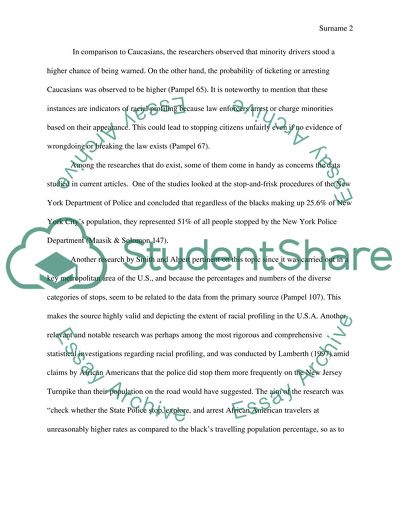Cite this document
(Racial Profiling as a Significant Area of Concern for Practitioners Literature review - 122, n.d.)
Racial Profiling as a Significant Area of Concern for Practitioners Literature review - 122. Retrieved from https://studentshare.org/social-science/1669239-essay
Racial Profiling as a Significant Area of Concern for Practitioners Literature review - 122. Retrieved from https://studentshare.org/social-science/1669239-essay
(Racial Profiling As a Significant Area of Concern for Practitioners Literature Review - 122)
Racial Profiling As a Significant Area of Concern for Practitioners Literature Review - 122. https://studentshare.org/social-science/1669239-essay.
Racial Profiling As a Significant Area of Concern for Practitioners Literature Review - 122. https://studentshare.org/social-science/1669239-essay.
“Racial Profiling As a Significant Area of Concern for Practitioners Literature Review - 122”, n.d. https://studentshare.org/social-science/1669239-essay.


